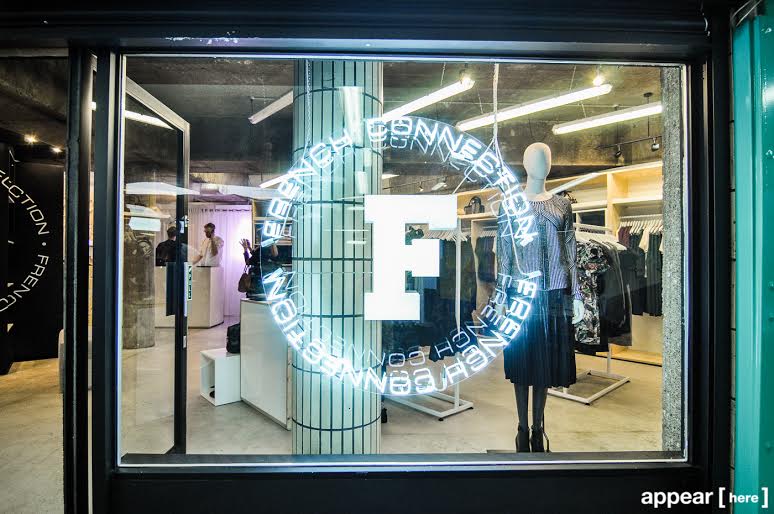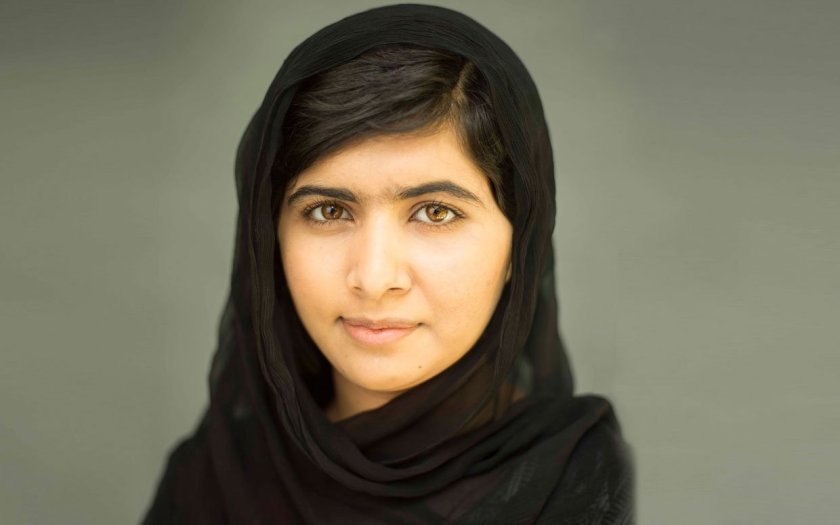Donald Trump is running for president. Donald Trump is succeeding. If you’re someone who plans on voting for Donald Trump in the primaries or in the general election, I’m not going to reach you. I can’t, because you’re miles away. The people I might be able to reach, however, are those on the fringes — the people who senselessly and carelessly argue that a monster sitting in the Oval Office makes sense because that person is “funny” or “entertaining.” Not only is that ridiculous, but it’s also untrue.
It’s a dismissive argument that I and hundreds of others struggle to wrap our heads around on a daily basis. Why is entertainment a quality that one should look for in a presidential candidate? Why should the American people ditch foresight for a temporary laugh? What does a blatant disregard for human rights say about voters?
While I don’t have answers for any of those questions, here’s what I do know. I know that Donald Trump is not funny. He doesn’t “tell it like it is,” unless he’s telling it to bigots. His rhetoric is not just unpleasant. It’s dangerous. It’s dangerous for thousands of U.S. citizens who aren’t invited to the hegemonic party of people who can laugh casually with Donald Trump at someone else’s expense from a safe distance.
So let me ask those of you who are entertained by Trump’s sentiments a few questions. Are you a woman? Then you should probably stop laughing. Do you make less than $100,000 a year? Then you should probably stop laughing. Do you tend to disagree with fascism as an institution? Then you should probably stop laughing. People of color aren’t laughing. Women who rely on Planned Parenthood services for reliable healthcare aren’t laughing. Muslim Americans aren’t laughing. Immigrants seeking asylum aren’t laughing.
But the prison industrial complex certainly is. Fear is. Hatred is. Privilege is. Xenophobia’s reaction to Donald Trump’s campaign has been absolutely uproarious.
But here’s the thing. Underprivileged people do not have the luxury of laughing at abstractions. The Trump jokes on which you happily cosign are someone else’s lived experience. Your punchline is someone else’s reality. Instead of stringing threads of commonality across chasms, you’re content with someone pushing those who are already silenced down into them. It’s less messy that way. Voting for Trump lets you maintain your shortsighted worldview. Voting for Trump lets your wrap yourself up in the status quo while everyone else freezes.
The White House should not be where bigotry hangs its hat. If my only choice is to be a xenophobe or a stick in the mud, I’ll gladly hit the dirt.




